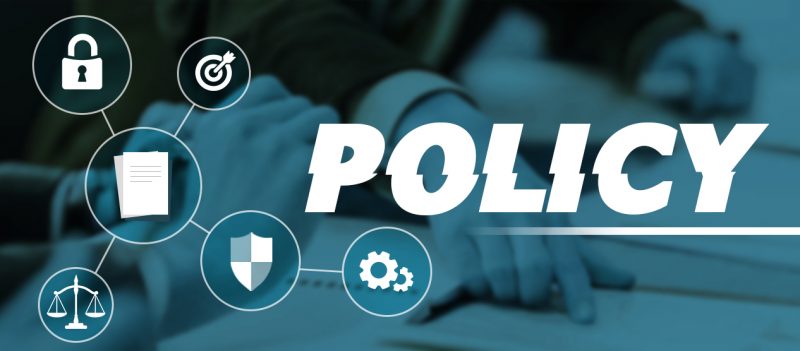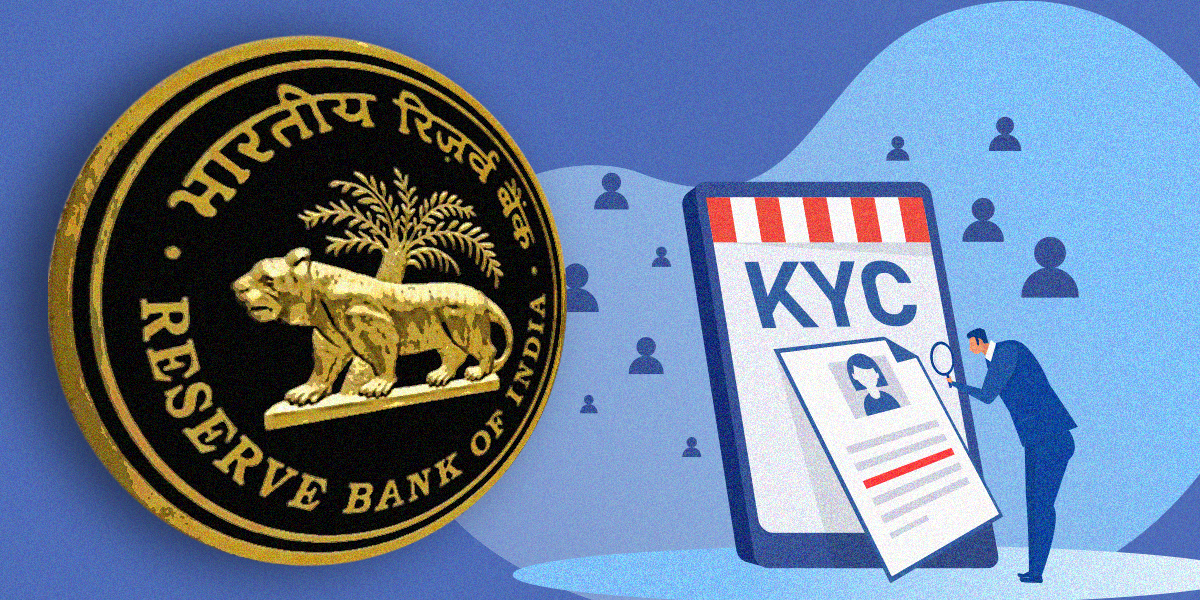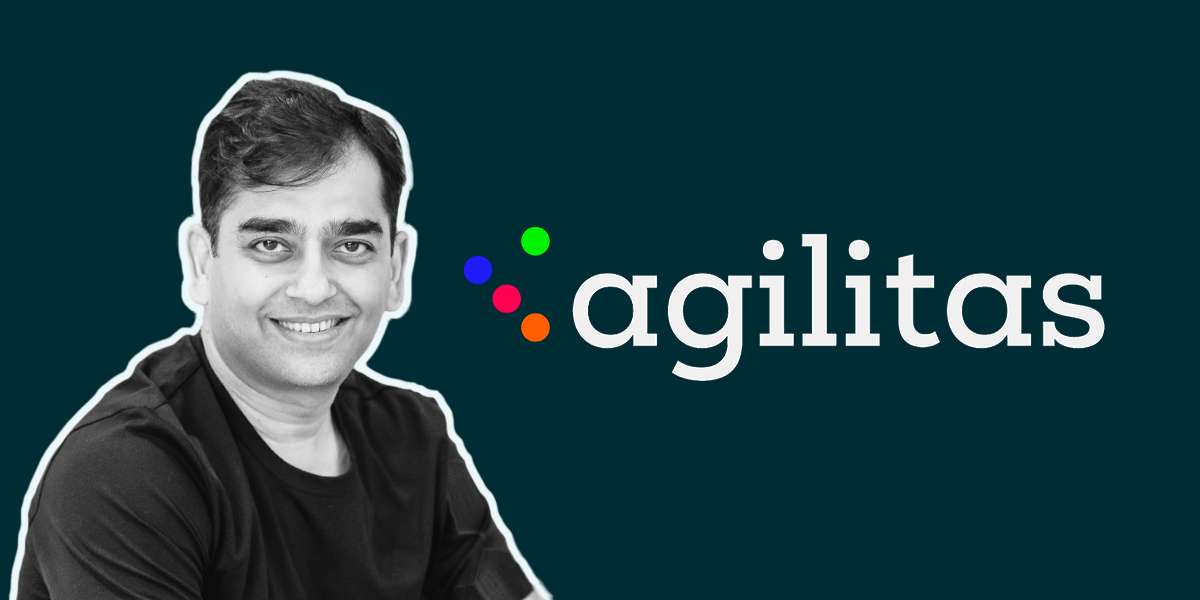2022 is the year of the brink for tech policy in India. We’re on the verge of so much, and yet all those things remain just out of reach. We’ve seen renewed interest in data protection and privacy, even as most Indians — even the most powerful of us — continued to enjoy so little of either, as highlighted by a humiliating cyberattack on the country’s most important hospital.
Policymakers are also debating a staggering overhaul of India’s telecom laws, and they appear to be empowering state surveillance and weakening encryption in the process, setting the stage for a showdown with messaging platforms and privacy advocates, who have renewed calls for surveillance reform. Meanwhile, phone tapping requests are rising so much that one telco has asked the government to help them with the increasing costs of undermining their users’ privacy. And evidence mounted that the Indian government purchased powerful cyberwarfare technology to peer into the phones of prominent activists, journalists and politicians.
5G has made its debut, even though the number of cities where you can get reception remains limited, not to mention the low number of devices that can even support that technology. And now, telcos who are in the telecom business for telecom alone will have to figure out how to get more money out of consumers in one of the cheapest mobile data countries in the world. This has already led them to renew calls for the undoing of India’s significant Net Neutrality protections, with some seeming success.
In April, the government essentially prohibited privacy-conscious Virtual Private Network (VPN) providers from operating servers in India, later arguing that absolute anonymity on the internet was dangerous and legitimate to limit (never mind that the several VPN providers that have left continue to offer connections to Indian users to offshore servers that are far more difficult for the Indian government to monitor). VPN providers now keep India at the kind of distance reserved for regimes like Russia and China.
Authorities doubled down on surveillance-as-a-default – throughout India, electoral registration officers are pressuring citizens to provide their Aadhaar to link it to their voter ID, potentially endangering the ability of several people — especially migrant workers — to exercise their franchise wherever they happen to be living at the moment, unless they take the pain to submit paperwork certifying their change in address each time they move.
Aadhaar isn’t the only identity document that the Indian government seems intent on using to authenticate citizens — the Home Ministry is reportedly planning on making birth certificates mandatory for “almost every sphere of life”, from voting to getting admitted in schools to getting married. The registrar-general of India declined to provide Entrackr copies of representations they received on the proposed amendment of law that will shed further light on what exactly led the government to pursue this law.
Some reporting appears to indicate that India is exporting these practices, causing a furor in Mauritius over New Delhi pressuring the island nation to install “sniffing” tech at a key undersea cable landing station that connects Mauritians to the global internet. Does similar surveillance of the internet happen here? Nobody is willing to say.
And then there’s the matter of freedom of expression. The government is keen on getting rid of particularly inconvenient voices on social media, and ordered platforms to take down profiles and tweets by journalists, activists and politicians. While Twitter challenged such orders at the Karnataka High Court, the upheaval following Elon Musk’s takeover of the platform has still not settled the question of whether the company will follow through on this lawsuit. Ella Irwin, a trust and safety executive at the company who has emerged as one of the lone conduits between Musk’s Twitter and media, did not respond to Entrackr’s query on the future of this challenge.
The Indian government has also taken a key step in shaping conversations on social media platforms by notifying a law that will let users challenge suspensions on private sites, even if they violated those sites’ policies, by allowing them to appeal to a government-appointed committee. Those committees haven’t yet been formed, and it is unclear how platforms will react to the government demanding that they let social media users who violate their terms of service stay on their platforms.
Meanwhile, platforms offering games like poker and rummy for real money, have cemented their influence on India’s legal system, shielding states from banning them for gambling, or even calling them gambling platforms. The union government has taken over, and as recently as Tuesday, Minister of State for Electronics and Information Technology Rajeev Chandrasekhar said on Twitter that the union government would make rules on these platforms.
Action on antitrust and competition has heated up spectacularly, with the Competition Commission of India coming down on Big Tech firms like Google, ordering them to pay hundreds of millions of dollars, in rulings that could be undermined by legal challenges.
The global crypto winter hit India too, granting policymakers and central bankers a rare I-told-you-so moment. The industry’s sheen — limited as it was here — lost more of its luster as its representatives exited the country’s most influential digital tech association, the Internet and Mobile Association of India. While crypto transactions continue to be taxed heavily, the government and the RBI have been restrained from a total ban, a situation that may change if more countries around the world begin looking at cryptocurrency players more skeptically.
There’s been a lot of movement this year on technology policy, but the consequences lie firmly ahead of us. So if 2022 has taught us anything, it’s that 2023 is where all the action is. One can only hope that the brink we’re on is metaphorical.














